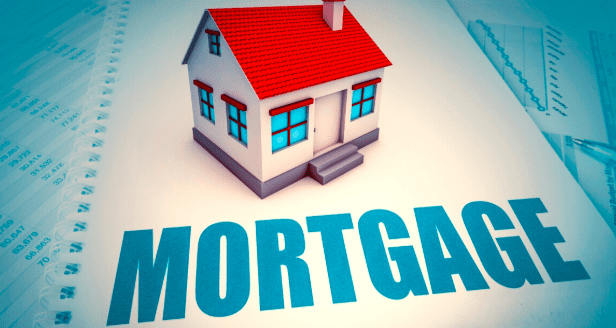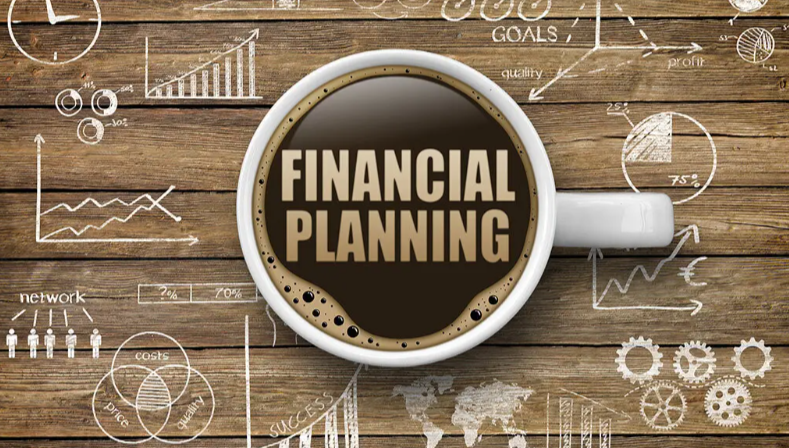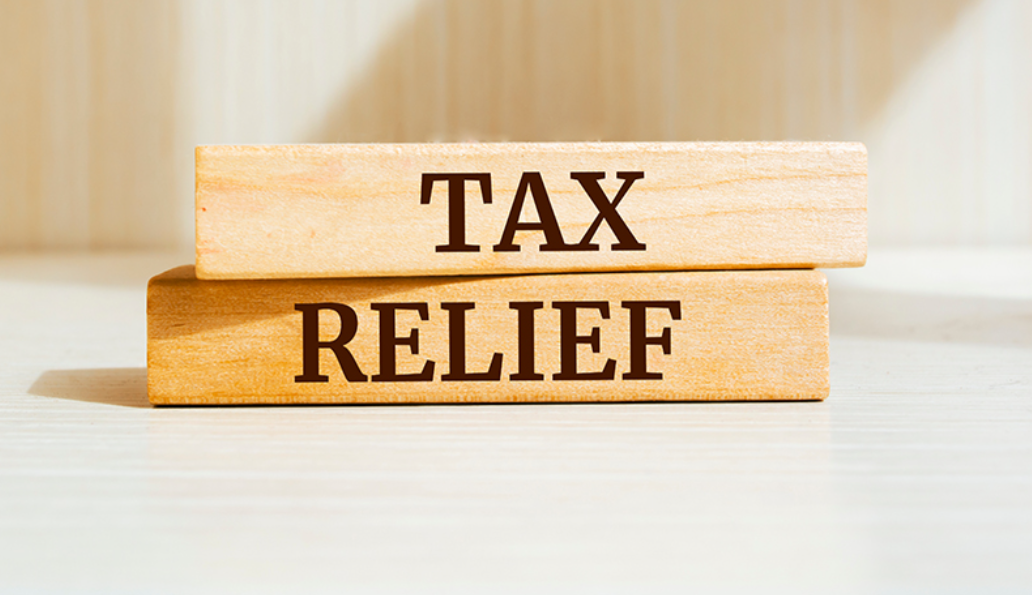Deciding on a mortgage can feel like navigating a maze. With so many options available, it’s easy to get overwhelmed. One of the most significant choices you’ll face is whether to opt for a fixed-rate mortgage or an adjustable rate one. If you’re considering making the switch to a fixed-rate mortgage in Ireland, you’re not alone.
With interest rates fluctuating and economic uncertainty looming, many homeowners are reevaluating their current mortgages. But what makes a fixed-rate option stand out? This blog will take you through the ins and outs of fixed-rate mortgages in Ireland, helping you weigh the pros and cons while providing expert advice from some of the best mortgage advisors in Ireland.
Whether you’re looking for stability or simply trying to find the best mortgage rates in Ireland, understanding your options is crucial. Let’s dive into everything you need to know about switching your mortgage strategy!
What is a Fixed-Rate Mortgage and How Does it Work?
A fixed-rate mortgage is a type of home loan where the interest rate remains constant throughout the life of the loan. This stability can provide peace of mind for borrowers, as they know exactly what their monthly payments will be.
Typically, these mortgages span 15 to 30 years. The term you choose affects your payment size and total interest cost. With a fixed-rate mortgage, even if market rates rise, your rate stays locked in.
Payments are made up of both principal and interest, gradually shifting towards more principal over time. This means that while initial payments may seem high relative to variable options, consistency is key.
For many homeowners in Ireland seeking predictability amidst fluctuating market conditions, this option stands out as an appealing choice when exploring best mortgage rates or considering refinancing solutions.
Benefits of a Fixed-Rate Mortgage
Stability in Monthly Payments
One of the most significant advantages of a fixed-rate mortgage is stability. Borrowers can predict their monthly payments for the life of the loan, making budgeting much easier.
Protection from Interest Rate Fluctuations
With this type of mortgage, you’re protected from interest rate fluctuations. If rates rise in the market, your locked-in rate stays unchanged. This provides peace of mind during economic uncertainty.
Lower Long-Term Costs
Fixed-rate mortgages often come with lower overall costs compared to adjustable-rate options when held long-term. Predictable expenses mean fewer surprises and less financial stress.
Attractive Terms in Ireland
Additionally, many lenders offer attractive terms on fixed deals in Ireland right now. This means that those searching for the best mortgage rates can find competitive offers easily.
Effective Future Planning
Choosing a fixed-rate option allows homeowners to plan effectively for future expenses like renovations or education costs without worrying about increasing loan payments disrupting their plans.
Drawbacks of a Fixed-Rate Mortgage
Missed Opportunities if Rates Drop
Since the interest rate stays fixed, borrowers won’t benefit from lower market rates, unlike adjustable-rate mortgages.
Higher Initial Rates
Fixed-rate mortgages often come with slightly higher starting rates compared to variable options, meaning you may pay a premium for stability.
Limited Flexibility
Prepayment penalties or refinancing costs can reduce savings if you move or refinance earlier than planned.
Strict Eligibility Requirements
Lenders usually require strong credit scores and stable income to offer competitive fixed-rate terms, making them harder to access for some borrowers.
Who Should Consider a Fixed-Rate Mortgage?
Individuals who value stability in their monthly budget should consider a fixed-rate mortgage. This option ensures that your payment remains constant throughout the loan term, making it easier to plan long-term finances.
Homebuyers looking for predictability might find this appealing, especially first-time buyers. With countless expenses ahead, knowing exactly what your mortgage will cost can ease financial stress.
Those planning to stay in their home for several years are also prime candidates for fixed-rate mortgages. Locking in today’s rates can be wise if you envision building equity over time.
Additionally, people who anticipate interest rate hikes may prefer this type of financing. A fixed-rate mortgage shields you from market fluctuations and provides peace of mind during uncertain economic times.
Anyone prioritising security and consistency is likely to benefit from choosing a fixed-rate option when securing a home loan.
Speak with Money Maximising Advisors to discover if switching to a fixed-rate mortgage could save you money and protect you from rising rates.
Who Might Not Benefit from a Fixed-Rate Mortgage?
A fixed-rate mortgage may not be the best option for everyone. If you plan to move or sell your home within a few years, locking in a long-term rate could limit your flexibility. You’ll miss out on potential savings with lower rates that might emerge during that time.
For those who have unpredictable income or financial situations, an adjustable-rate mortgage (ARM) may offer more adaptability. Initially lower payments can help ease financial pressure while still providing options for future adjustments.
Additionally, individuals comfortable with risk might prefer ARMs due to their potential for lower initial rates and payment variability. They often come with caps on how much interest can increase over time, which can be appealing to some borrowers willing to navigate the uncertainty of changing rates.
Factors to Consider When Deciding Between Fixed vs Adjustable Rate Mortgages
- When weighing your options between fixed and adjustable-rate mortgages, consider your financial stability. A fixed-rate mortgage offers predictability, making budgeting easier over the long term.
- Next, think about how long you plan to stay in your home. If it’s a short-term commitment, an adjustable-rate mortgage might save you money initially with lower rates.
- Market trends also play a crucial role. In times of rising interest rates, locking in a fixed rate can provide security against future hikes. Conversely, if rates are expected to drop or remain stable, an adjustable option could be more beneficial.
- Your risk tolerance is another factor. Fixed mortgages suit those who prefer certainty and dislike surprises; adjustables appeal to risk-takers willing to bet on fluctuating markets for potential savings.
- Consult with experts like Money Maximising Advisors for tailored advice that considers your unique circumstances.
Is It the Right Time for You to Switch to a Fixed-Rate Mortgage?
Switching to a fixed-rate mortgage can be a significant decision. Timing plays an essential role in determining if it’s the right move for you.
Consider current interest rates. If they are low, locking in a fixed rate could save you money over the long term. This stability protects you from market fluctuations that might occur with variable rates.
Evaluate your financial situation too. Are your income and expenses stable? A fixed-rate mortgage provides predictability, which can help with budgeting and planning for future expenses.
Don’t overlook your long-term plans. If you’re looking to stay in your home for several years, switching may offer benefits that outweigh potential costs. However, if you’re considering moving soon, it might not be as beneficial.
Consulting with experts is crucial. Experienced mortgage advisors can provide insights tailored to your circumstances, helping guide this important choice effectively.
FAQ’S
Q1. What is the difference between a fixed-rate and a variable-rate mortgage?
A fixed-rate mortgage keeps your interest rate constant for the entire loan term, while a variable-rate mortgage fluctuates based on market conditions.
Q2. Does switching mortgages affect my credit score?
Generally, switching mortgages won’t significantly harm your credit score, unless you miss payments during the transition.
Q3. How long should I choose a fixed-rate deal for?
The ideal duration depends on your financial situation, future goals, and how long you plan to stay in the property.
Q4. Can I refinance from a variable-rate mortgage to a fixed-rate one?
Yes, refinancing is possible and can provide greater stability in monthly payments.
Q5. How can first-time buyers find the best fixed-rate mortgage deals in Ireland?
Working with trusted mortgage advisors can help first-time buyers compare options and secure the most competitive offers.
Conclusion
Switching to a fixed-rate mortgage can be a significant financial decision. It’s essential to weigh the benefits against potential drawbacks carefully. Fixed-rate mortgages offer stability, making budgeting easier as your payments won’t fluctuate over time. However, they may come with higher initial rates compared to variable options.
Consider your circumstances and long-term plans when deciding if it’s the right move for you. If you’re in a stable position and plan on staying in one home for several years, locking in a fixed rate might provide peace of mind. On the other hand, if you anticipate changes or shorter stays, an adjustable rate could serve you better.
Consulting with experts like Money Maximising Advisors can help clarify any uncertainties about this transition. Engaging with the best mortgage advisors Ireland offers can guide you through choices like switching or refinancing your mortgage effectively.
Book a free consultation with Money Maximising Advisors and see how a fixed-rate mortgage can give you peace of mind and long-term savings.
- How does Equity in a Mortgage Work?
- Can you Release Equity on a Buy to Let Mortgage in Ireland?
- A Guide to Understanding Mortgages in Ireland
- Can You Do an Equity Release with a Mortgage in Ireland?
- Private vs. Public Sector Mortgages: Key Differences and Benefits
- Why Consider a Public Sector Mortgage for Your Next Property Purchase?
- Mortgages, Home Loans, and Housing Finance in Cork, Ireland
- First-Time Buyer Mortgages for Public Sector Workers: A Complete Guide
- Can you get a Buy-To-Let Mortgage in Ireland?




